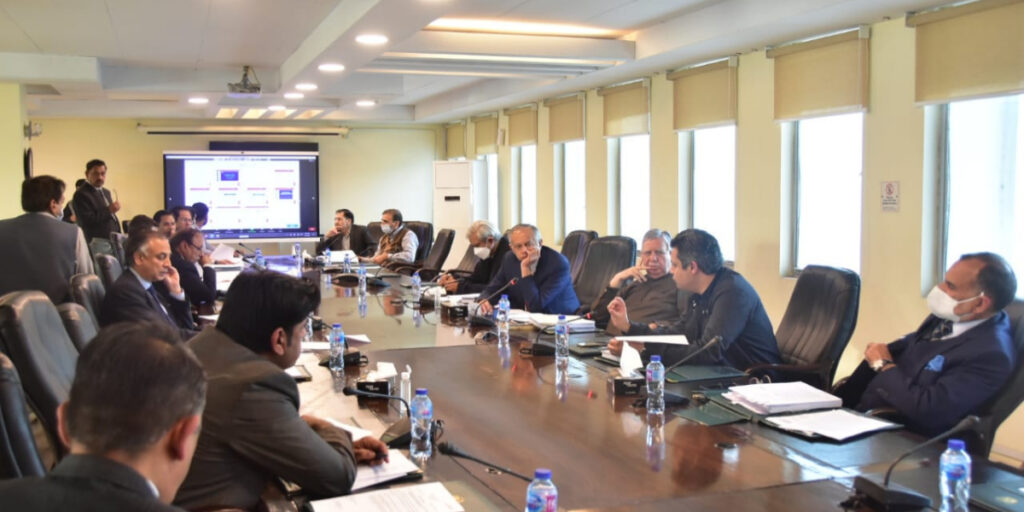Leadership is a challenging task that requires a balance of many different skills, including strategic thinking, decision-making, and communication. One skill that is often overlooked, but is essential for effective leadership, is mindfulness. Mindfulness is the practice of being fully present and aware of one’s thoughts, feelings, and surroundings. When applied to leadership, it can provide many benefits, including increased self-awareness, better decision-making, and improved communication.
One of the key benefits of mindfulness in leadership is increased self-awareness. Mindfulness allows leaders to be aware of their thoughts, emotions Project Manager, and behaviors, which can help them to understand their own strengths and weaknesses. This self-awareness can help leaders to make better decisions and to communicate more effectively with their team members. Another benefit of mindfulness in leadership is improved decision-making. Mindfulness allows leaders to take a step back and to evaluate a situation objectively, rather than being swayed by emotions or biases. This can lead to more effective and efficient decision-making, which can have a positive impact on the entire organization.

In addition, mindfulness can also improve communication within an organization. Mindful leaders are able to listen actively, respond authentically and avoid getting defensive, leading to more effective communication and better relationships with team members Project Manager. One of the best ways to cultivate mindfulness in leadership is through the practice of meditation. Meditation is a simple yet powerful tool that can help leaders to quiet their minds, focus their attention, and become more aware of their thoughts and emotions. By incorporating meditation into their daily routine, leaders can develop the skills necessary to lead from stillness.
Leaders can also integrate mindfulness into their daily lives by paying attention to their thoughts, feelings, and surroundings in the present moment. Engaging in practices such as yoga, tai chi, or even a simple walk in nature can also help to increase mindfulness. Mindfulness is an essential skill for effective leadership. It can provide many benefits, including increased self-awareness, better decision-making, and improved communication. By incorporating mindfulness practices such as meditation into their daily routine, leaders can develop the skills necessary to lead from stillness and make a positive impact on their organization.
Ways to Improve Performance as a Manager
Being a manager is a challenging role that requires a balance of many different skills, including leadership, communication, and strategic thinking. However, even the most experienced managers can always find ways to improve their performance. In this article, we will discuss several ways to improve performance as a manager.
- Set clear goals and expectations: One of the most important things a manager can do to improve performance Project Manager is to set clear goals and expectations for themselves and their team. This can help to ensure that everyone is working towards the same objective and that progress can be measured and tracked.
- Communicate effectively: Effective communication is essential for any manager. It is important to communicate effectively with team members, stakeholders, and other departments within the organization. This can be done through regular meetings, team-building activities, and one-on-one conversations.
- Lead by example: A manager should lead by example and set a positive example for their team members. This can include being punctual, setting a high standard for work quality, and being open to feedback.

- Develop your leadership skills: A good manager should be a good leader. This means having the ability to inspire, motivate and lead the team. Managers can improve their leadership skills by attending leadership training and development courses, reading books on leadership, and seeking feedback from team members.
- Empower your team members: A manager should empower their team members by giving them the autonomy and resources they need to do their job effectively. This can include providing them with training, tools, and access to information.
- Continuously evaluate and improve: A manager should continuously evaluate their performance and that of their team. This can include conducting regular performance evaluations, setting goals, and identifying areas for improvement.
There are several ways to improve performance as a manager. By setting clear goals and expectations, communicating effectively, leading by example, developing leadership skills, empowering team members, and continuously evaluating and improving, managers can become more effective leaders and drive improved performance within their team and organization.
The Lazy Project Manager: A Common but Detrimental Phenomenon:
Project management is a critical role in any organization, as it involves coordinating resources, timelines, and budgets to ensure the successful completion of a project. However, not all project managers are created equal. Some project managers are highly motivated and dedicated, while others may be more laid-back and lackadaisical in their approach. These “lazy” project managers can be detrimental to the success of a project and can create a negative impact on the entire organization.
One of the main characteristics of a lazy project manager is their lack of initiative. They may be slow to respond to requests or may not take the initiative to seek out new opportunities for the project. This can result in delays and missed deadlines, which can be costly for the organization. Additionally, a lazy project manager may not be proactive in identifying and addressing potential issues, which can lead to problems down the road.
Another trait of a lazy project manager is their lack of communication and collaboration. They may not communicate effectively with team members or stakeholders, which can lead to confusion and misunderstandings. They may also not collaborate well with other departments or teams, which can result in silos and a lack of cohesion within the organization. In addition to these negative traits, lazy project managers can also create a negative culture within the team. They may not set clear expectations or provide adequate guidance, which can lead to demotivated team members. They may also not recognize or reward good performance, which can lead to a lack of engagement and high turnover.
So, what can be done to address a lazy project manager? One solution is to provide them with additional training and resources to help them improve their skills and knowledge. This can include training on project management methodologies, communication, and leadership. Additionally, providing them with mentorship or coaching can help them learn from more experienced project managers. Another solution is to hold them accountable for their actions. This can include setting clear expectations and goals, as well as holding them responsible for meeting those goals. Providing regular feedback and performance evaluations can also help to keep them on track.
In summary, a lazy project manager can be detrimental to the success of a project and can create a negative impact on the entire organization. However, with the right training, resources, and accountability, it is possible to turn a lazy project manager into a more effective and productive leader.
